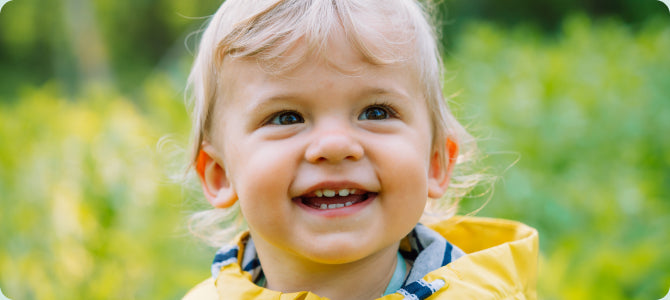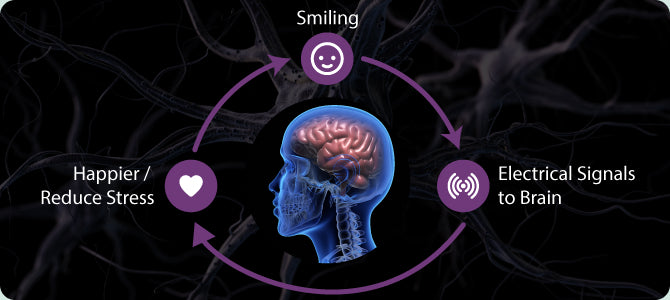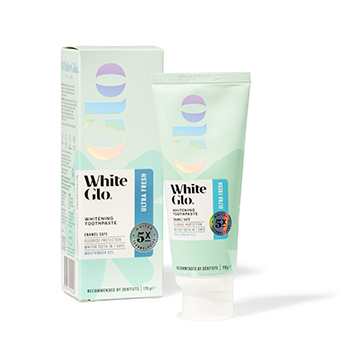The Science Behind Your Smile: Fascinating Facts You Never Knew!


Have you ever wondered why you automatically smile when you see a puppy, a baby, or your best friend walking through the door? The reason behind that automatic smile is more fascinating than you might think! Smiling is not just a response to feeling happy - it's a universal expression of joy and a key connector between us all. Let's unpack the intriguing science behind our smiles!

What Makes a Smile
When we see something that delights us, a mini miracle happens. Our eyes light up, the corners of our mouths lift, and voila - a smile is born! Some smiles are genuine, spreading across our faces when we're truly happy. Take the "Duchenne smile," for instance, named after the researcher who discovered it. It's the kind of smile that involves not just your mouth, but your eyes, too - the kind of smile that can light up a room! Then there are other smiles that we've all mastered for those less-than-amusing, but obligatory, social situations.
Fun Fact: There are 19 different types of smiles!

The 'Why' Behind Smiles
Smiling is a powerful tool for communication. Beyond expressing happiness, we smile to connect, offer comfort, and even politely mask our discomfort sometimes. Ever noticed how you tend to smile more when meeting new people? That's your innate way of breaking the ice and building rapport. And the most heartwarming part - babies start practising their adorable gummy smiles right in the womb!
Fun Fact: Our brain's reward mechanism is activated when we smile, which is why it feels so good!

Health Perks of Smiling
Think of a time when you were feeling down, and a friend cracked a joke. You started smiling, didn't you? And somehow, you felt a little better. This is because smiling - even when you're not particularly feeling it - can trick your brain into a happier state. It's like your own built-in stress relief! Plus, it even boosts your immune system. Who knew health could be a smile away?
Fun Fact: Smiling releases endorphins that act as natural pain relievers - better than any over-the-counter medicine!

Brain and Smiles
Our brains love a good smile. The act of smiling releases feel-good chemicals that help us relax and lift our mood. So next time you're feeling a bit low, try giving yourself a smile in the mirror - it might just be the pick-me-up you need! Plus, thanks to a cool thing our brains do (hello, mirror neurons!), we often find ourselves smiling when someone else does - kind of like a happiness domino effect!
Fun Fact: Even forced smiling can help reduce stress!

Cool Smile Facts
Let's dive into some smile trivia! Children, with their infectious joy, flash their smiles about 400 times a day! In contrast, we adults manage just 20 smiles. Surprising, isn't it?
Defying the old saying, smiling is actually less of a workout than frowning. It requires fewer muscles - smiling is efficiency at its finest!
And here's the power of a smile: it's the top-rated expression for empathy and trustworthiness. This is why roles like customer service and sales stress the power of a smile. It's more than a courtesy; it's a tool for creating positive connections and trust. So remember, your smile is not just for you - it's a gift you can share with the world!
Fun Fact: Some studies suggest that people who smile more often live longer!

So there you have it! Smiles aren't just a way to show we're happy. They help us connect, make us healthier, and even trick our brains into feeling good. And best of all, they're free! So why not share a few more smiles today? It could make the world a little healthier and happier.




